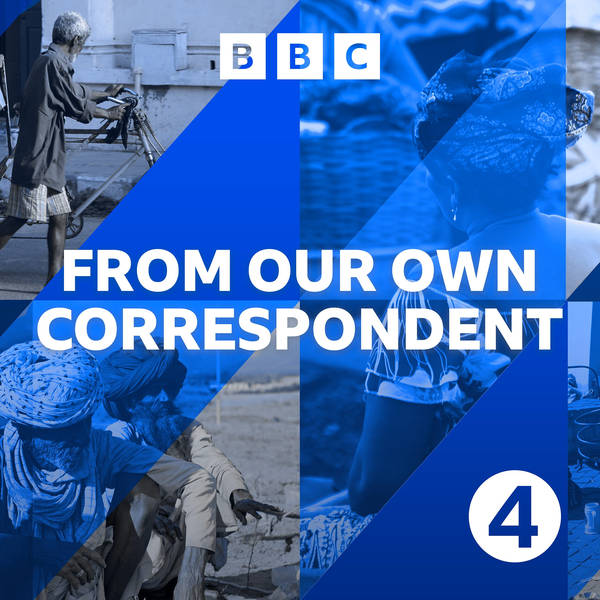
From Our Own Correspondent with Kate Adie
Refugees have been fleeing Iran, as the economic situation there worsens, with food prices going up, and shortages of clean water and power. Meanwhile, there are fears among some people that the country is about to become more oppressive, with a new, hard-line president in charge. It is these conditions which have prompted many Iranians to escape. Iranian Kurds in particular have been seeking sanctuary in the Kurdish part of Iraq. But life there is not always easy. And among this community in exile are armed groups, determined to overthrow Iran’s Ayatollahs. Some of these groups have now come under aerial attack as Lizzie Porter explains:
Have they changed or not? That remains one of the crucial questions about The Taliban, as they secure their hold on Afghanistan. Last time they ran the country in the late 1990s, women were excluded from most public roles, and forced to cover up from head to toe. Music was banned along with most other forms of entertainment. With the Taliban now back in power, some detect a new tone: they give news conferences, they have said they want to work with the international community. But this week, the Taliban said that women would not be allowed to study alongside men, nor can they take part in sport. And there’ve been reports of revenge killings, carried out against those who worked for the previous government. For Sahar Zand, this has all brought back memories of the time she met a senior Taliban representative, one who did at least admit to having watched TV:
It must have seemed like a good idea at the time. Last month, Canada’s Prime Minister, Justin Trudeau, called a snap election. Polling suggested he was popular among voters, with many crediting him for a relatively smooth handling of the Covid crisis. This, it seemed, might be the moment to go to the country and perhaps win a majority of seats, something which eluded him last time round. But the election takes place on Monday, with some predicting the Prime Minister will lose power altogether. One particular area where he’s having to defend his record is on the environment, which is proving to be an unusually important issue in this contest, as Jatinder Sidhu now reports, from Canada’s west coast:
There was a time when Papal visits were relatively simple affairs. The Pope showed up in a country, held a mass or two for some of his flock, and glad-handed all the right people, both religious and secular – perhaps expressing his admiration for whichever country he was in, and his best wishes for those who run it. But it’s not quite so simple with the current Pontiff. Pope Francis has a reputation for speaking his mind with unprecedented frankness, and that’s what happened this week when he travelled to Hungary. The Hungarian Prime Minister, Victor Orban, does also have quite a reputation for plain speaking, with hardline views on Islam and immigration in particular. So what happened when the two met? Nick Thorpe was in Budapest finding out.
September may sound too early to be thinking about Christmas, but for some people, September is precisely the month when it’s most on their minds. These are the pine seed pickers of Georgia – every year at this time, they climb their country’s giant fir trees, to get hold of the pine cones which grow on them. Inside, are seeds which are then planted to make Christmas trees. In fact, most of the Christmas trees in Europe are grown from seeds that come from Georgia – it’s a huge business. And yet as Amelia Stewart found out, the work of those who do the actual seed-picking is often poorly paid, and can also be very dangerous.
